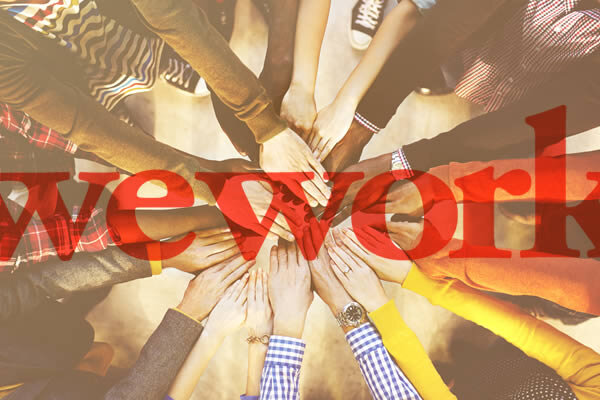How could the WeWork story get any more dramatic, tumultuous, and indeed negative? Cancer-causing phone booths, that's how. This was the latest news to come out of the tornado of coverage surrounding the embattled co-working provider, and it serves as a great metaphor for what the company has been through over the past few months.
WeWork told its occupants a month ago that 2,300 of its focus-oriented phone booths would be replaced due to the elevated formaldehyde present in their materials. WeWork since began the replacement process, and it was subsequently revealed that the phonebooth manufacturer, now defunct, also supplied Starbucks with kiosks.
Just because WeWork isn't alone in using this supplier doesn't change the fact that it looks particularly bad for the co-working provider. Adam Neumann has been suggested as part of the problem, thanks to his allegedly aggressive cost-cutting practices.
Talk about a crash course in crisis management. If WeWork wouldn't have already been under fire for bad management and a controversial leadership style, perhaps this could be forgiven, but as it is, WeWork has already burned most of its forgiveness capital.
Perhaps the lesson is that disruptors shouldn't burn the candle at both ends. If you're going to have a very aggressive corporate culture and almost cult-like identity leading to a huge valuation, maybe the rest of your act should be 100% together. Consider the example of Uber's recent IPO, which saw an unprofitable business attain a huge valuation despite some fundamental issues, like a possible major licensing issue relating to the company's self-driving vehicle arm.
The two examples of Uber and WeWork have done great harm to the idea of the unicorn startup. Entrepreneurs shouldn't lose faith. There is still a huge opportunity to disrupt the built environment through technology. It's fair to make a leap of faith once in a while, but be sure your affairs are in order before you do.

